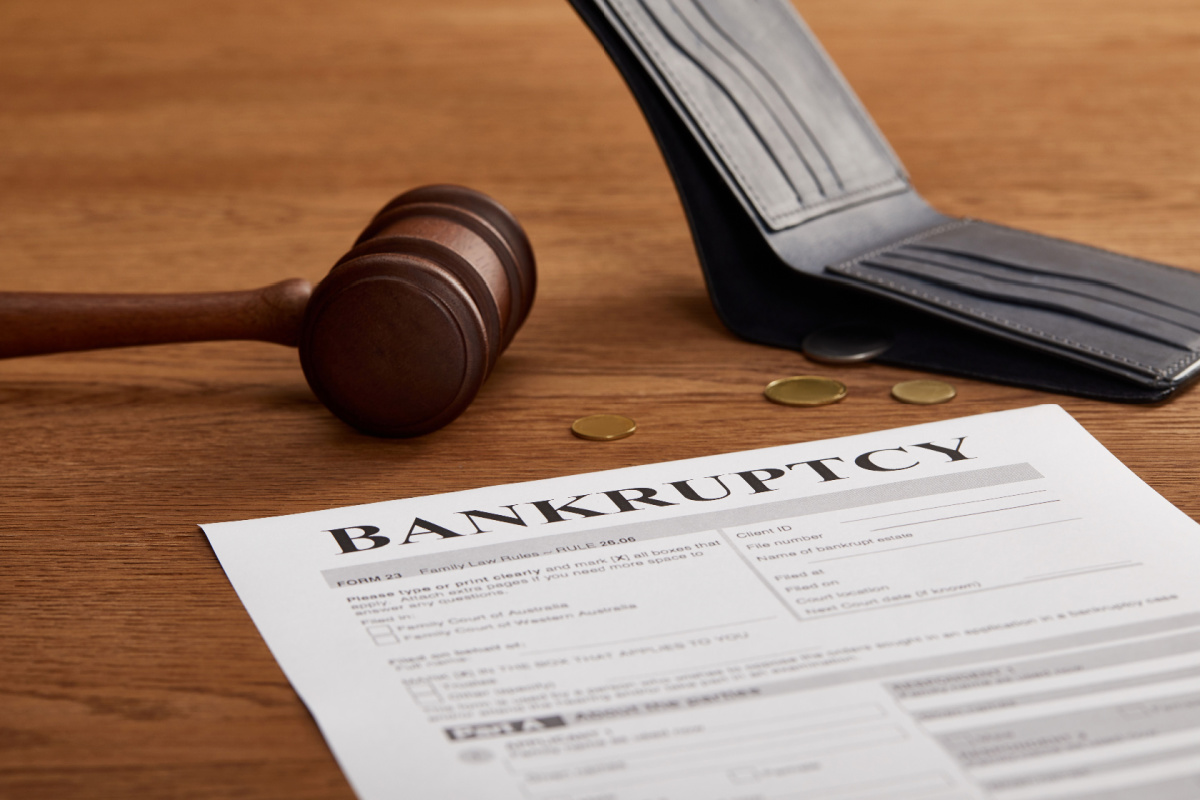




Bankruptcy laws in Wisconsin provide a legal route for individuals and businesses grappling with overwhelming debt. These laws are designed to offer a fresh start, balancing the interests of creditors seeking repayment and debtors needing relief. In Wisconsin, federal bankruptcy statutes are the guiding framework, but state-specific elements, particularly exemptions, play a key role. Bankruptcy types commonly pursued include Chapter 7, focusing on liquidation, and Chapter 13, which involves a structured repayment plan. Each type has distinct processes and requirements, catering to different financial situations. Understanding these laws and processes is important for anyone considering bankruptcy to solve financial challenges. While this overview offers a glimpse into Wisconsin’s bankruptcy framework, the subject is multifaceted, encompassing various legal and financial considerations.
Wisconsin stands out with its approach to exemptions in bankruptcy cases. Exemptions are laws to protect certain assets from being used to pay off creditors. Wisconsin allows individuals to choose between state-specific and federal bankruptcy exemptions, offering flexibility in financial planning during bankruptcy proceedings. State exemptions in Wisconsin include protection for a portion of home equity, often referred to as the homestead exemption and personal property such as clothing and household goods. Additionally, retirement accounts and public benefits are usually safeguarded. These exemptions ensure individuals do not lose everything and can maintain a basic standard of living while managing their debts. Each case is unique, and the choice between state and federal exemptions depends on individual circumstances, including the types and amounts of assets owned. Understanding these exemptions is a vital part of the bankruptcy process in Wisconsin, influencing decisions on asset management and financial recovery strategies.
In Wisconsin, eligibility criteria for filing bankruptcy are governed by federal laws, with specific conditions applicants must meet. For Chapter 7 bankruptcy, a means test is required, determining if an individual’s income is low enough to qualify. This test compares an applicant’s income with the median income for a household of the same size in Wisconsin. If the income is too high, Chapter 13 bankruptcy might be a more suitable option. Chapter 13 requires a stable income, as it involves setting up a repayment plan to pay off debts over three to five years. Additional criteria include completing credit counseling from an approved agency within 180 days before filing and not having a bankruptcy petition dismissed in the previous 180 days due to failure to appear in court or comply with court orders. These eligibility requirements ensure the bankruptcy process is accessible to those who genuinely need it while maintaining a fair and orderly system.
In Wisconsin, bankruptcy courts and trustees play pivotal roles in the bankruptcy process. When an individual files for bankruptcy, the case is handled by a bankruptcy court, which operates under the federal court system. This court reviews the case, ensuring all legal requirements are met and overseeing the proceedings.
A bankruptcy trustee is appointed to administer the case. In Chapter 7 bankruptcy, the trustee’s responsibilities include reviewing financial documents, selling non-exempt assets, and distributing the proceeds to creditors. In Chapter 13 cases, trustees oversee the repayment plan, receiving payments from the debtor and disbursing them to creditors according to the plan approved by the court.
These roles are fundamental to a fair and orderly bankruptcy process. Courts ensure legal compliance and protect the rights of all parties involved, while trustees manage the practical aspects of the bankruptcy, from asset liquidation to repayment plan implementation.
When an individual or business in Wisconsin faces overwhelming debt, bankruptcy offers a structured way to address this challenge. The process begins with choosing the right type of bankruptcy: Chapter 7 for liquidation or Chapter 13 for a repayment plan. The next step involves gathering financial records, including debts, assets, income, and expenses. These details are crucial for filing the bankruptcy petition, which includes various forms and schedules detailing the financial situation.
After filing, an automatic stay goes into effect, stopping most creditors from pursuing debt collection. A meeting of creditors, also known as the 341 meeting, is scheduled, where creditors can ask questions about the debtor’s financial status and the bankruptcy forms submitted.
Depending on the bankruptcy type, the process involves either liquidating non-exempt assets to pay creditors (Chapter 7) or following a court-approved repayment plan (Chapter 13). Throughout, understanding each step and being prepared with accurate financial information is vital for a smooth process.
Filing for bankruptcy in Wisconsin significantly affects credit scores and future financial opportunities. A bankruptcy filing typically leads to a substantial decrease in credit scores. This drop reflects the risk lenders perceive when considering someone who has declared bankruptcy. As a result, obtaining new credit, like loans or credit cards, can become more challenging and might come with higher interest rates.
The impact of bankruptcy on credit reports lasts for a significant period. A Chapter 7 bankruptcy will remain on credit reports for up to 10 years, while a Chapter 13 bankruptcy will stay for up to 7 years. During this time, rebuilding credit is possible but requires consistent effort. Practices like paying bills on time, maintaining low balances on existing credit, and avoiding new debt are important for gradually improving credit scores. These steps can help open up more favorable financial opportunities in the future.

Exploring options other than bankruptcy for debt relief can provide individuals in Wisconsin with different paths to financial stability. Debt consolidation is an option that can help you combine multiple debts into one loan with a lower interest rate. This approach simplifies payments and can reduce overall interest costs.
Another option is debt settlement, where creditors are negotiated with to accept a payment less than the full amount owed. This can be a viable solution for those who can afford to pay a lump sum.
Credit counseling services also offer guidance on managing debt, often devising a debt management plan. These plans involve negotiating with creditors to lower interest rates and monthly payments.
Each alternative has its own advantages and challenges. Factors such as the amount of debt, income level, and ability to make consistent payments influence which option is most suitable for an individual’s financial situation.
If you are filing for bankruptcy, contact us or call us at 866-696-6432 today for a free consultation.

Learn about bankruptcy protections, types of bankruptcy, how to get started, what to expect, and who to trust. Filing bankruptcy is the ONLY way to completely eliminate debt. If bankruptcy is right for you, it offers powerful protections that cannot be achieved through alternative solutions such as hardship relief, loans, or debt settlement.